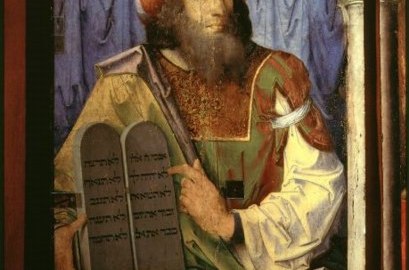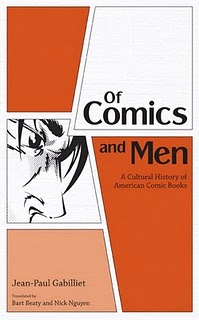America’s Fascinating Love Affair with Moses

While Jews across the world celebrate Passover, it’s an opportune time for many to re-familiarize themselves with the story of the Jews’ exodus from Egypt. The incredible story has been told in countless ways, perhaps none more famous than in Cecil B. Demille’s epic 1956 film, “the Ten Commandments,” which later got the animated treatment in 1998’s “The Prince of Egypt.” In fact, the story has proven so endearing in the United States that Moses has become revered in a way not seen in many other countries.
Aside from being Charlton Heston’s most famous role, Moses actually has a profound influence over the course of America’s history. While not everyone is fully aware of his historic significance in this country, Moses was absolutely revered by the Founding Fathers. Not only did they insist that Moses appear on the U.S. seal, but one of his quotes is actually engraved on the Liberty Bell. A model for the Statue of Liberty, he was considered a heroic figure for countless American slaves, who referenced Moses in one of their most famous spirituals, which later became a popular Passover tune.
That influence has continued unabated today. Upon announcing his candidacy for the presidency in 2007 in Selma, Ala, Barack Obama, in the presence of several civil rights pioneers, declared he was “in the presence of a lot of Moseses,” later making reference to the “Moses generation” that didn’t “see the promised land.” This was simply the latest reference to Moses when it came to the American presidency. George Washington has been compared to Moses, as was Abraham Lincoln when he died. And the debate over Moses’ birthright must have resonated with President Obama, who this year held his second White House Seder. Even Superman was modeled partially after Moses.
Over the course of American history, Moses has become fully embraced by America. A number of researchers suddenly taken by Moses’ place in American history point out how Rev. Martin Luther King Jr. compared himself to Moses. Even George W. Bush said he was inspired to run for president by a sermon about Moses. Brigham Young was also commonly considered an “American Moses.”
Writer Bruce Feller made it crystal clear last year while promoting his book, saying Moses was bigger than Jesus. But this kind of reverence has produced some debate in America as well. The idea of displaying the ten commandments in America’s courthouses has been a divisive concept for years now. In New York, a schoolteacher even generated debate when he named a teddy bear Moses. But despite some controversy, Moses has continued to be a key piece of American iconography that has managed to transcend religion in a country he never knew existed.





